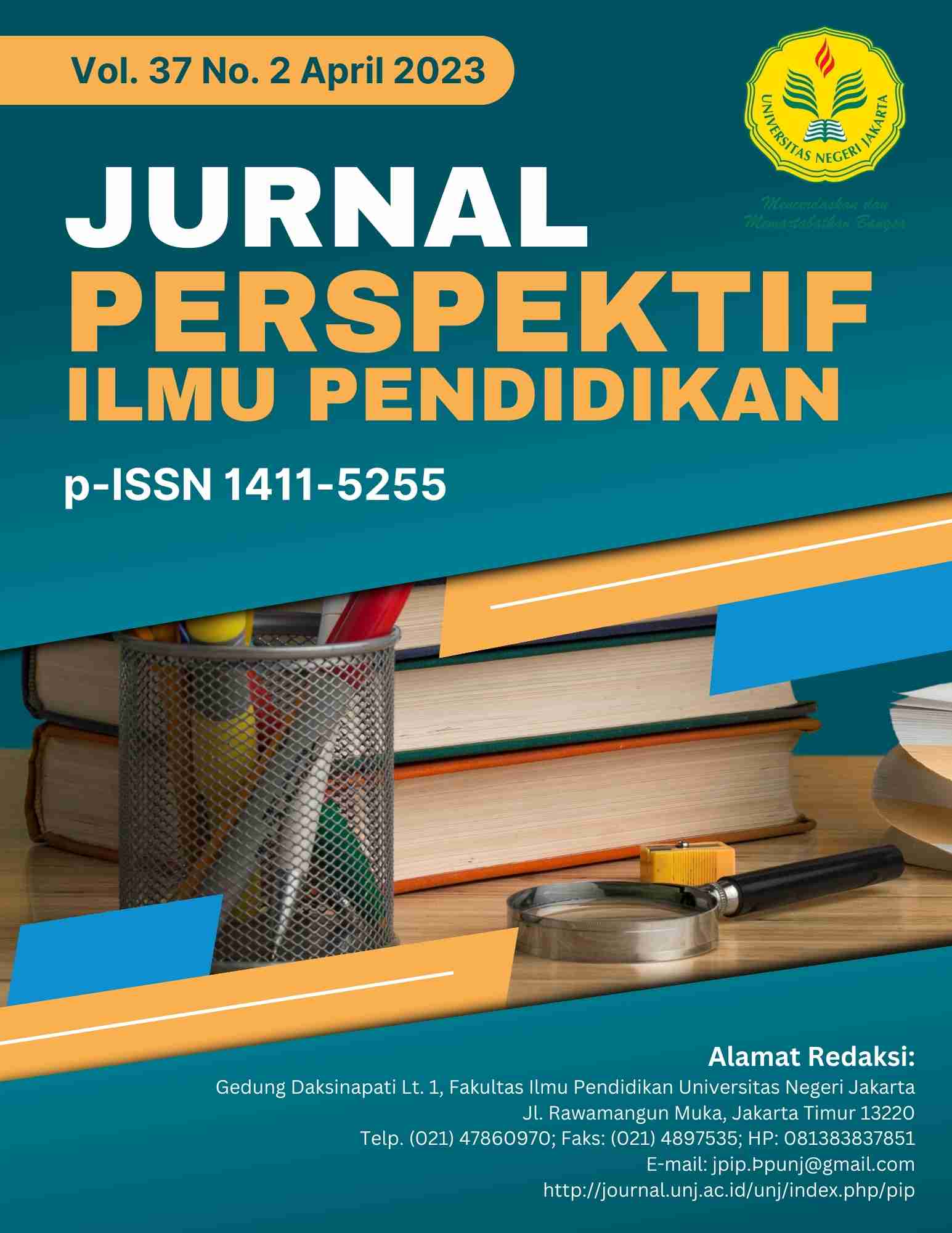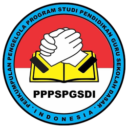Enhancing Learning Management System (LMS) Usage in Educational Management Study Program at the Faculty of Educational Sciences, Jakarta State University.
DOI:
https://doi.org/10.21009/PIP.372.1Keywords:
Keyword : LMS, fishbone, APKL, SWOTAbstract
Abstract : Jakarta State University has created a learning management system that aligns with the new educational paradigm in the digital age. The UNJ LMS enables lecturers and students to engage in asynchronous distance learning. To enhance the utilization of the UNJ LMS in the Education Management Study Program at the Faculty of Education, Jakarta State University, current research is focused on increasing its usage. The method used for this research is a case study, expert discussions, and interviews. Fishbone analysis, APKL analysis, and SWOT analysis were used for data analysis. The low utilization of LMS is caused by several factors, such as a lack of policy that mandates LMS usage by lecturers, suboptimal coordination among various parties, absence of an assistance team for the Study Program LMS, and low motivation to use LMS. The proposed solution to this issue is to establish a mentoring team for the Education Management Study Program lecturers to use LMS. Creative activities using the SWOT Analysis are also proposed, including consultations with the Study Program Chair and LMS Central Team regarding usage mechanisms, formation of an Assistance Team for LMS usage, socialization and delegation of tasks for the Assistance Team, creating a guidebook and video tutorials for LMS usage, providing LMS assistance, and monitoring and evaluating the results of LMS mentoring.
Downloads
Published
How to Cite
Issue
Section
License
Copyright (c) 2023 Muhamad Fadholi Fadholi, Siti Zulaikha, Dimas Kurnia Robby

This work is licensed under a Creative Commons Attribution-NonCommercial-ShareAlike 4.0 International License.
Authors who publish with this Journal agree to the following terms:
- Author retain copyright and grant the journal right of first publication with the work simultaneously licensed under a creative commons attribution licensethat allow others to share the work within an acknowledgement of the work’s authorship and initial publication of this journal.
- Authors are able to enter into separate, additional contractual arrangementfor the non-exclusive distribution of the journal’s published version of the work (e.g. acknowledgement of its initial publication in this journal).
- Authors are permitted and encouraged to post their work online(e.g. in institutional repositories or on their websites) prior to and during the submission process, as it can lead to productive exchanges, as well as earlier and greater citation of published works.
-
Users/public use of this website will be licensed to CC BY-NC-SA Creative Commons Attribution-NonCommercial-ShareAlike 4.0 International License












